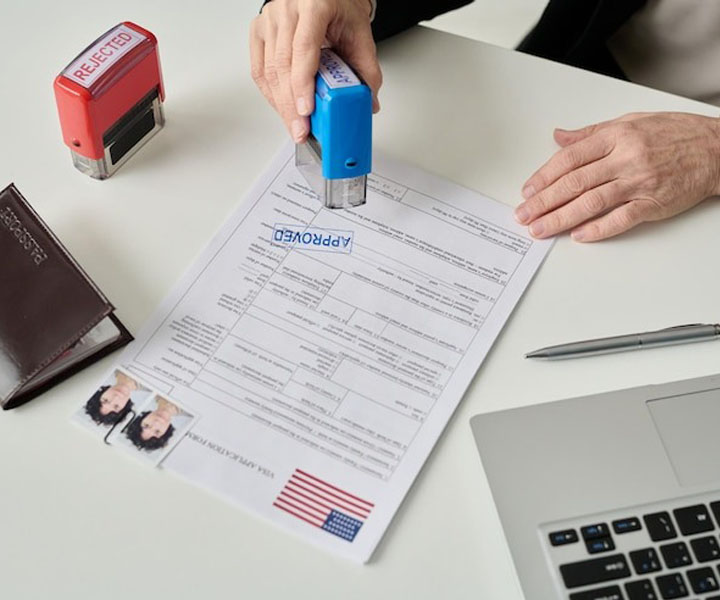
Streamlined guidance for seamless relocation towards international career opportunities.
Immigration clarification refers to the process of seeking and obtaining clear, accurate information about immigration policies, procedures, and requirements when planning to move to a different country. It is essential for individuals and families looking to immigrate for various reasons, such as work, study, family reunification, or seeking refuge. Here are some key points to consider when seeking immigration clarification: Understanding Immigration Categories: Different countries have various immigration categories or visa types, such as work visas, student visas, family-sponsored visas, refugee status, and more. It is crucial to understand the specific immigration category that applies to your situation. Immigration Requirements: Each immigration category has specific eligibility criteria, which may include factors like education, work experience, language proficiency, financial means, or family relationships. Carefully review the requirements for the category that applies to you. Immigration Authorities: Identify the relevant immigration authorities in the destination country. These authorities manage immigration processes and provide official information about visas and applications. Often, they have official websites and contact information. Application Process: Understand the step-by-step process for applying for a visa or immigration status. This typically involves submitting an application, providing required documentation, attending interviews, and undergoing background checks. Documentation and Forms: Gather the necessary documents, forms, and supporting evidence as required for your visa application. These may include passports, birth certificates, academic transcripts, letters of recommendation, and financial statements. Visa Fees and Costs: Be aware of the fees associated with the visa application process, including application fees, biometric fees, and any additional costs related to medical examinations or background checks. Processing Times: Immigration authorities usually provide estimated processing times for different visa categories. Understanding these timeframes is crucial for planning your move. Legal Assistance: Consider seeking legal advice or hiring an immigration attorney, especially if your case is complex or if you are uncertain about the immigration process. Immigration Policies: Keep yourself informed about any changes in immigration policies, regulations, and laws in the destination country. Policies can change over time and may impact your application. Language Proficiency: For certain immigration categories, language proficiency tests (e.g., IELTS, TOEFL) may be required to demonstrate your ability to communicate in the official language of the destination country. Medical and Health Requirements: Some visa categories may require medical examinations to ensure that applicants do not have contagious diseases or conditions that would pose a public health risk. Background Checks: Expect background checks, criminal record checks, and security clearances as part of the immigration process. It's important to rely on official government sources, such as the immigration department or embassy websites, for the most accurate and up-to-date information on immigration policies and procedures. Additionally, consulting with immigration professionals or experts can provide valuable guidance throughout the immigration process.
Go Back